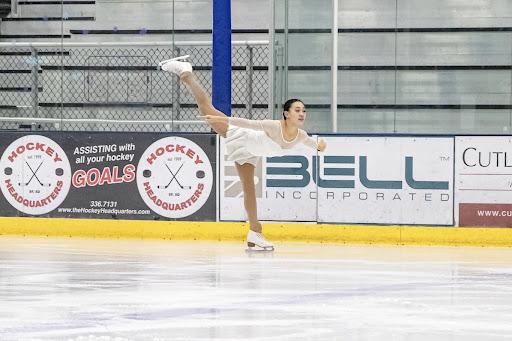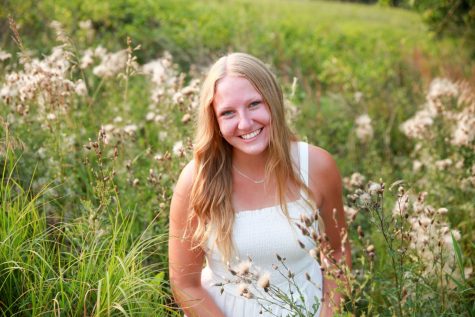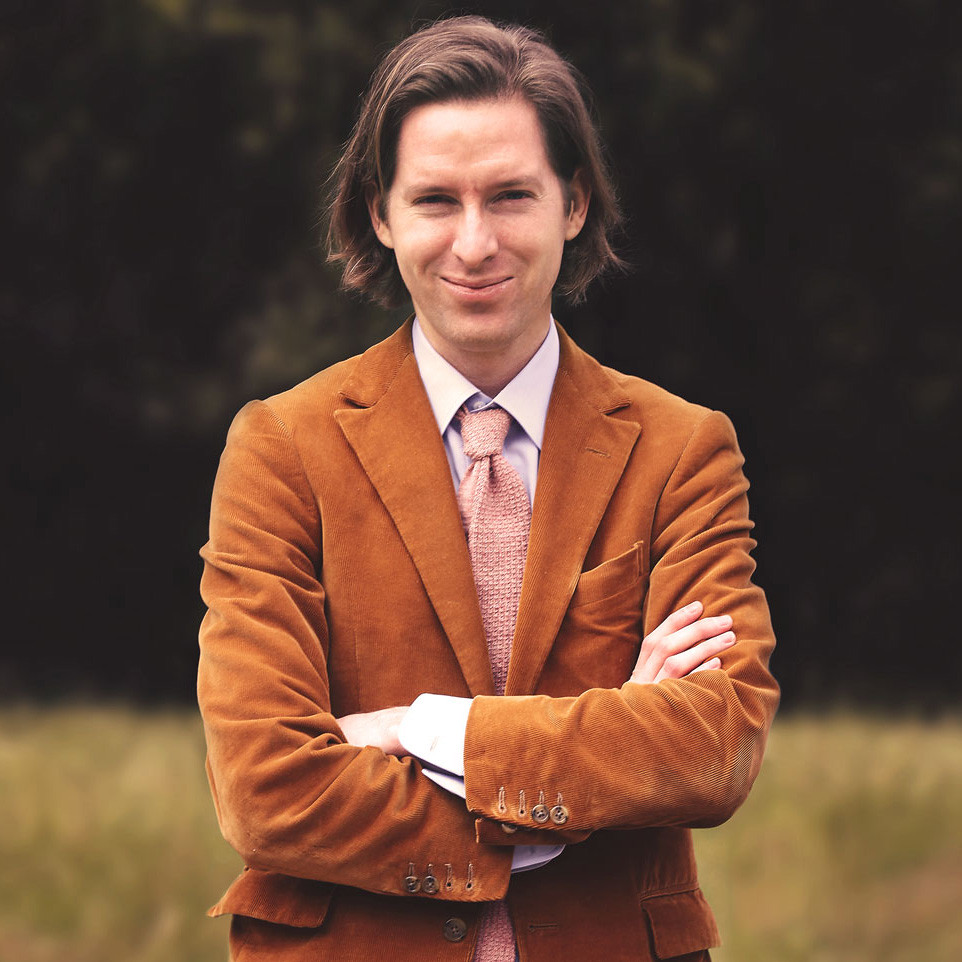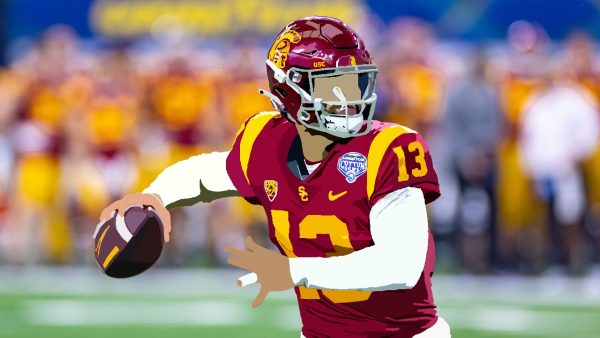The sport of figure skating

“I feel that skating is a sport with a perfect balance between athleticism and artistry,” said Derynck.
February 2, 2022
Typically, when people think of sports they envision many athletes on a team competing against each other in a head on competition. A vision of skates, an ice rink and routines set to music may not be the first thought that comes to one’s mind. Figure skaters happen to fit this vision perfectly, they also put in just as much effort, work and time as athletes in other forms of physical activities and competitions.
Lily Derynck, freshman at Augustana University and former LHS student, started skating in Learn to Skate when she was seven years old and has now been skating for 13 years with the Sioux Falls Figure Skating Club. Though Derynck decided after graduating to not perform anymore, she still skates on her own at least once a week to continue to improve her skills and coaches many skating lessons.
“As a coach, I have come to appreciate the technical side of the sport more. I also love that skating is a lifelong sport that can be continued after graduation through either skating at college, coaching or just skating for fun,” said Derynck.
Sophie Anderson, another skater with the Sioux Falls Figure Skating Club, has been skating for eight years and is a freshman at OGHS. For Anderson, a regular week includes practice on Monday, Tuesday, Thursday, Saturday and Sundays. The days that she does not practice, she practices off-ice skills or stretches.
“Something I love about skating is the community that you build, not only at your rink with your coaches and teammates, but with girls from skating clinics, camps and other clubs you are able to train at,” said Anderson.
Skating is a sport that is generally competed in individually, which can be difficult because the drive to improve has to come from motivation within the skater. In competitions, it is easy for skaters to feel large amounts of pressure when they have to rely on themselves without other skaters to depend on.
“Skating is a very physically demanding sport already, but on top of that you have to appeal to judges and an audience with aesthetics as well,” said Anderson.
Since Derynck has chosen to continue using her talents and abilities to coach, she accepted a position last summer as the Learn to Skate and ASPIRE Program Coordinator. In addition to being the Program Coordinator, she coaches lessons on the ice for LTS, ASPIRE, and advanced classes as well as private lessons for around six hours a week. These lessons and programs involve levels from beginning level skaters up to the juvenile level.
“It is my goal to make skating as fun as possible while also running a program that successfully teaches fundamental skating skills to prepare our skaters for future success in skating,” said Derynck.






